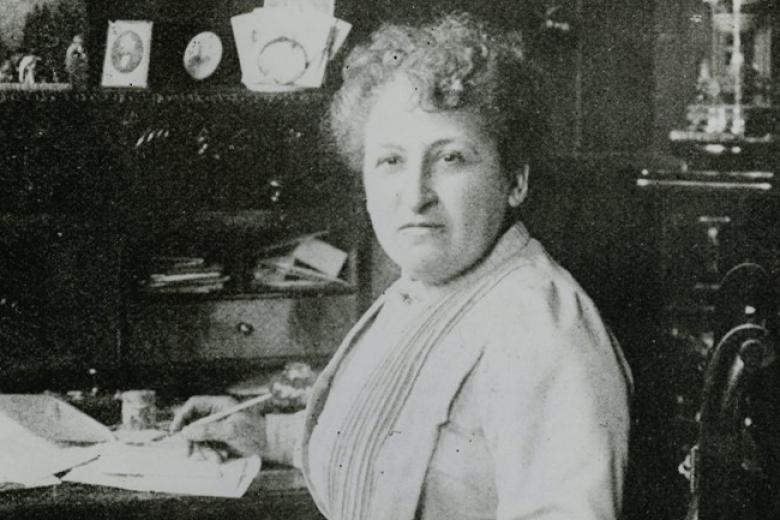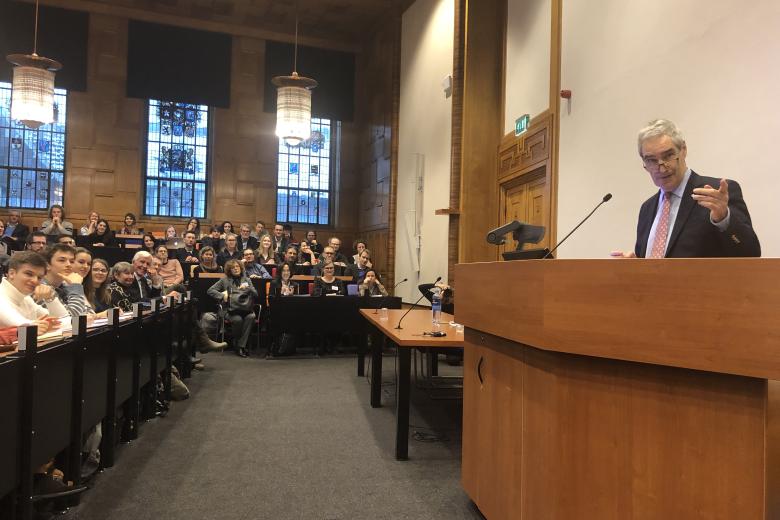Gebrekkige strategieën om uitbuiting van arbeid te verminderen
17 mei 2017, promotie verdediging door Mark Kawakami. De hoofdvraag die deze thesis behandelt is wat particuliere actoren - van de ondernemingen naar de consument en de arbeiders zelf - anders kunnen doen dan wat ze momenteel doen om voorvallen van werkuitbuiting verder te verminderen die plaatsvinden in de globale toeleveringsketen.
To answer this question, this thesis first offered a descriptive overview of popular legal instruments and strategies that private actors are currently employing by relying on labor/employment law, tort law, company law, and contract law. This descriptive overview also addressed various semi- or non-legal instruments and initiatives with the intended aim of reducing labor exploitations as well such as corporate social responsibility initiatives and ethical consumerism campaigns.
Second, this thesis offered a critical analysis of these existing measures and strategies by highlighting instances of their failures: By relying on the adapted capabilities approach (based on Nussbaum’s capabilities approach) as the relevant normative framework, this part of the thesis presented the various flaws and limitations of our current approach to reducing instances of labor exploitation in the global context. Moreover, in conducting this critical analysis, this thesis not only looked at the existing measures and strategies from an intra-disciplinary legal perspective, but conducted a more multi-disciplinary analysis using findings from sociology, anthropology, psychology, and behavioral economics to strengthen the argument that the current approach is indeed flawed.
The two main flaws discovered from conducting this critical analysis was the realization that: 1) current measures and strategies rely overwhelmingly on legal incentives and extrinsic motivators, which (mistakenly) assume private actors to be rational actors; and 2) the current problem-solving process in designing, implementing, and enforcing these measures tends to be hierarchical, rigid, and not adaptive enough to address a global collective action problem like the labor exploitation plaguing our global supply chain.
To remedy these concerns, this thesis made two general proposals: 1) for both private actors and governments alike to rely less on legal norms and resist the urge to simply create more and more legal norms; and 2) for both the private and the public sectors to adopt an alternative problem-solving framework, one that forges and espouses concepts such as private global norm production, reflexive governance, and adaptive management strategies. In sum, this thesis advocated that incorporating these proposals could potentially improve the status quo. By offering examples of how various actors can implement this alternative framework pragmatically, this thesis offered not just a reassessment of what private actors are currently doing, but made recommendations in terms of how they can adapt their strategies moving forward to better alleviate the plight of the marginalized laborers.
This blog is published on Law Blogs Maastricht and originally published on MEPLI
-
Blog van de decaan aflevering 17: welke namen geven we aan de onderwijsgroepskamers? En: fijne zomer!
De afgelopen maanden had iedereen de kans om mee te doen aan de poll voor het geven van een naam aan onze onderwijsgroepskamers. Dat leidt tot een keuze die recht doet aan diversiteit in vakgebied, nationaliteit, geslacht en type naam.

-
Blog van de decaan aflevering 14: vier winnaars van de student-prijzen en een nieuwe eredoctor namens onze faculteit
Afgelopen vrijdag vierde de universiteit haar 43ste verjaardag. Dat was voor universiteit en faculteit een prachtige en feestelijke bijeenkomst. Niet alleen werden prijzen uitgereikt voor de beste juridische scripties, ook kreeg Michael Ignatieff een eredoctoraat uit handen van Prof. Monica Claes.

-
Moeten de NAM en de Nederlandse staat niet veel meer doen om verantwoord met grond en burgers om te gaan?
Als we ons eigendomsrecht vanuit een duurzaamheidsgedachte gaan bezien en een positieve duurzaamheidsverplichting als in het eigendomsrecht besloten lezen, dan maken de Staat en de NAM misbruik van hun recht door gas te blijven winnen.
